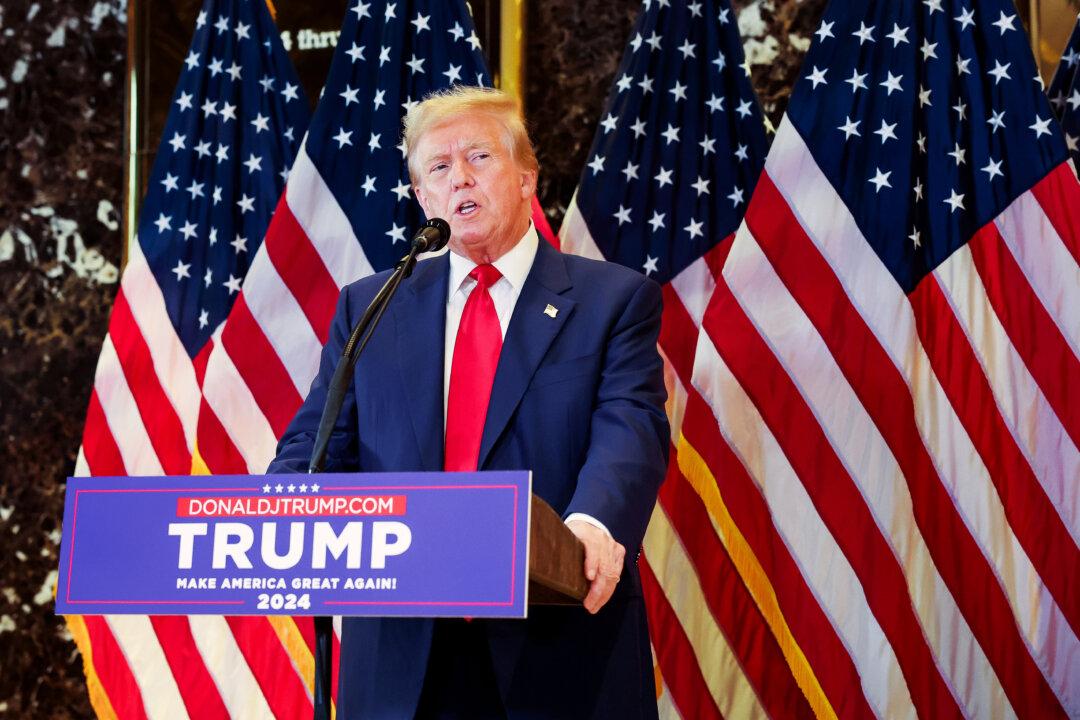A lawyer for former President Donald Trump on Sunday said that his client is preparing to take their appeal of last week’s felony conviction “all the way up to the U.S. Supreme Court” and also doesn’t believe the former president will be sentenced.
Late last week, a jury in Manhattan convicted President Trump for falsifying business records after a six-week trial. The former president said in a news conference on May 31 that he would appeal the verdict, while the judge overseeing the case said his sentencing date is July 11.





